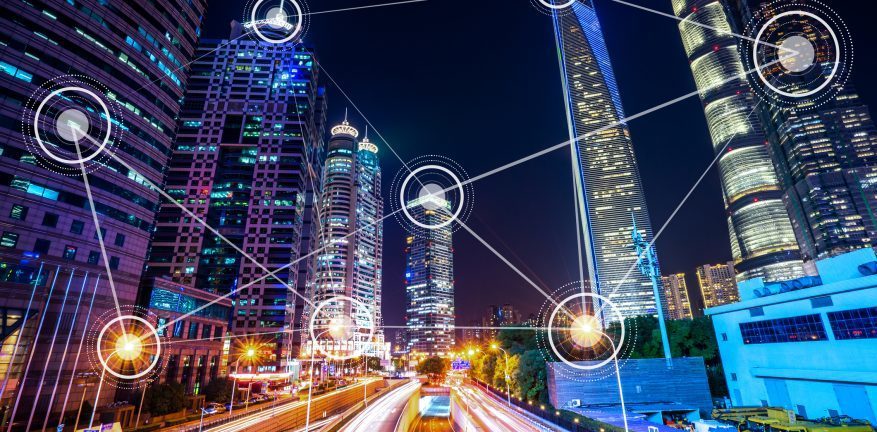
As of March 2020, 35 central cities and provinces had signed strategic cooperation agreements with telecom groups on building smart cities.
The military telco Viettel has signed cooperation agreements with 24 localities, and the Vietnam Post and Telecommunication Group (VNPT) with 20 localities.
The government of Vietnam is paying increasingly high attention to developing smart cities. Many agreements have been signed between Vietnam and important partners such as countries and organizations that have successfully developed smart cities, including the Netherlands, South Korea and India.
Most recently, an agreement was signed to develop the ASEAN smart urban network.
After Vietnam joined ASCN (ASEAN Smart Cities Network) in 2018, the Prime Minister released the Vietnam Smart City Development project in 2018-2025 with a vision until 2030, which shows three priority parts – programming smart cities; managing smart cities; and smart urban utilities.
On the basis of a linked database, many cities in Vietnam have had initial success in providing smart utilities in the fields of education, healthcare, transportation, construction environment… and have step by step been optimizing urban management, improving the quality of urban residential life and creating opportunities for human development, leaving no one behind.
Hanoi, for example, is developing a parking system that allows people to find suitable parking places; payment through apps on smartphones; and a digital transport map to manage urban traffic.
The implementation of the project on Bac Ha Noi (Northern Hanoi) Smart City, covering an area of 272 hectares in Dong Anh district, is expected to improve transport infrastructure, energy, education, healthcare and environment on a digital technology basis, driving development towards sustainability.
Meanwhile, HCM City is building a big data infrastructure system, data control center, security control center and open data system. It is planning to build smart solutions for healthcare, food safety, education, traffic management, and flood control.
As for Da Nang, the city leads the country in readiness for ICT development and application. Da Nang has received the maximum mark in applying IT in state agencies. In 2018, the Da Nang People’s Committee issued the Overall Architecture of Smart City and Smart City Construction Plan for 2018-2025.
Minister of Construction Pham Hong Ha said developing smart cities is in line with international trends, takes full advantage of the achievements of the fourth industry revolution, and fits the country's development practice.
Driving force for smart city development
Experts, while stressing the need to develop smart cities, pointed out that the lack of reasonable policies will make it difficult for local authorities to seek resources, especially capital from state budget, for smart city development.
They believe that Vietnam needs to be cautious when developing smart cities, and not ‘follow the crowd’.
Each city, before applying a smart city model, needs to check its resources and advantages, and detect where and what it needs to obtain in each development stage so as to effectively use existing facilities and investment resources.
Smart cities should be developed with people in the center, and be based on specific characteristics of each city.
Ha said Vietnam will implement the tasks and solutions set in the Vietnam Smart City Development project in 2018-2025.
These include a legal framework for the development of smart cities as well as management of tools, institutions and mechanisms for cooperation between ministries and branches, between the central and local government, to ensure smart cities throughout the country and avoid waste in using resources.
According to Nguyen Van Binh, head of the Central Economic Commission, leading experts believe that 4,0 industry is essentially an institutional revolution. The revolutionary nature is the strong development of science and technology.
Binh said it is necessary to have an ‘open and creative’ approach when developing smart cities.
The mindset that has existed for a long time is that the state should prohibit activities that it cannot control.
“The 4.0 industry revolution won’t succeed if the ‘prohibiting all that is unmanageable’ way of thinking is still applied to manage the economy and society,” he said.
